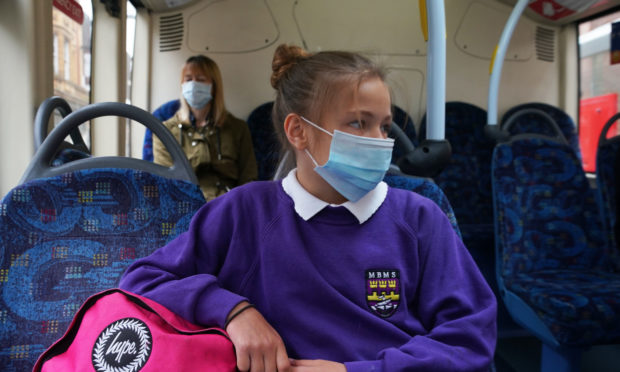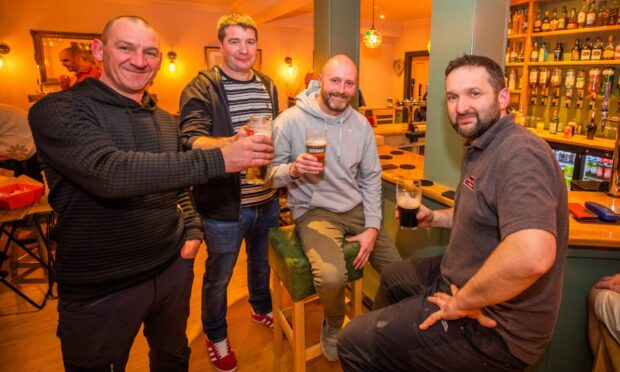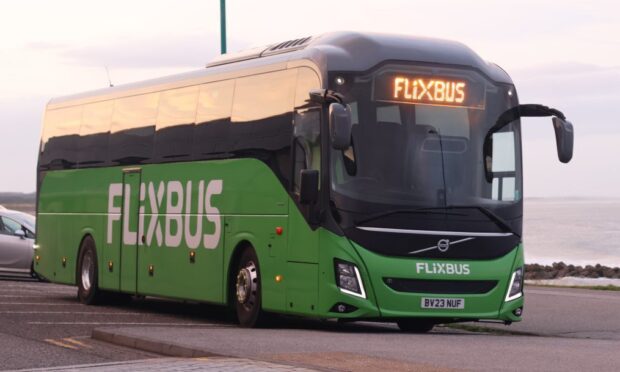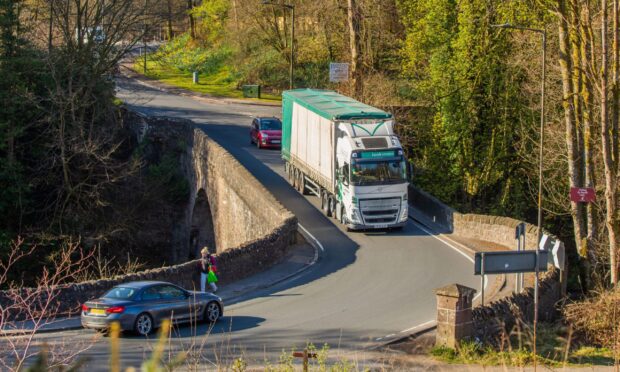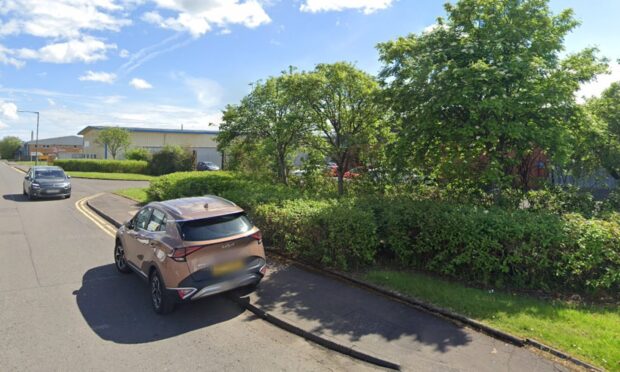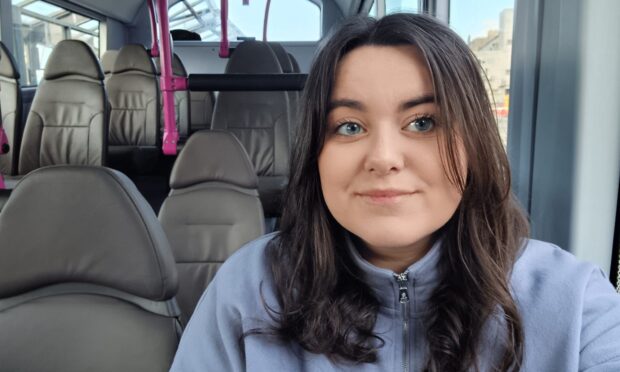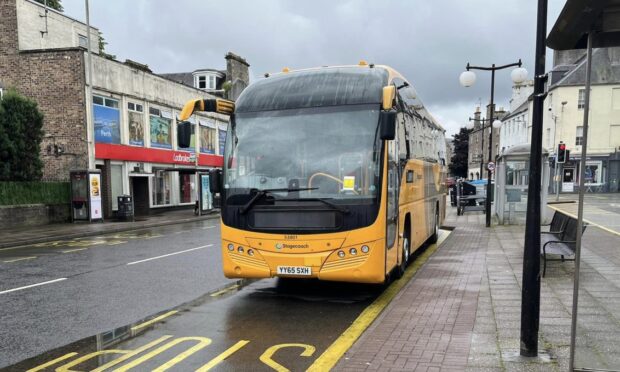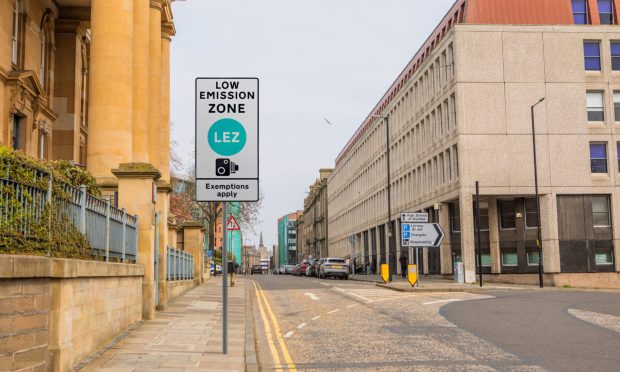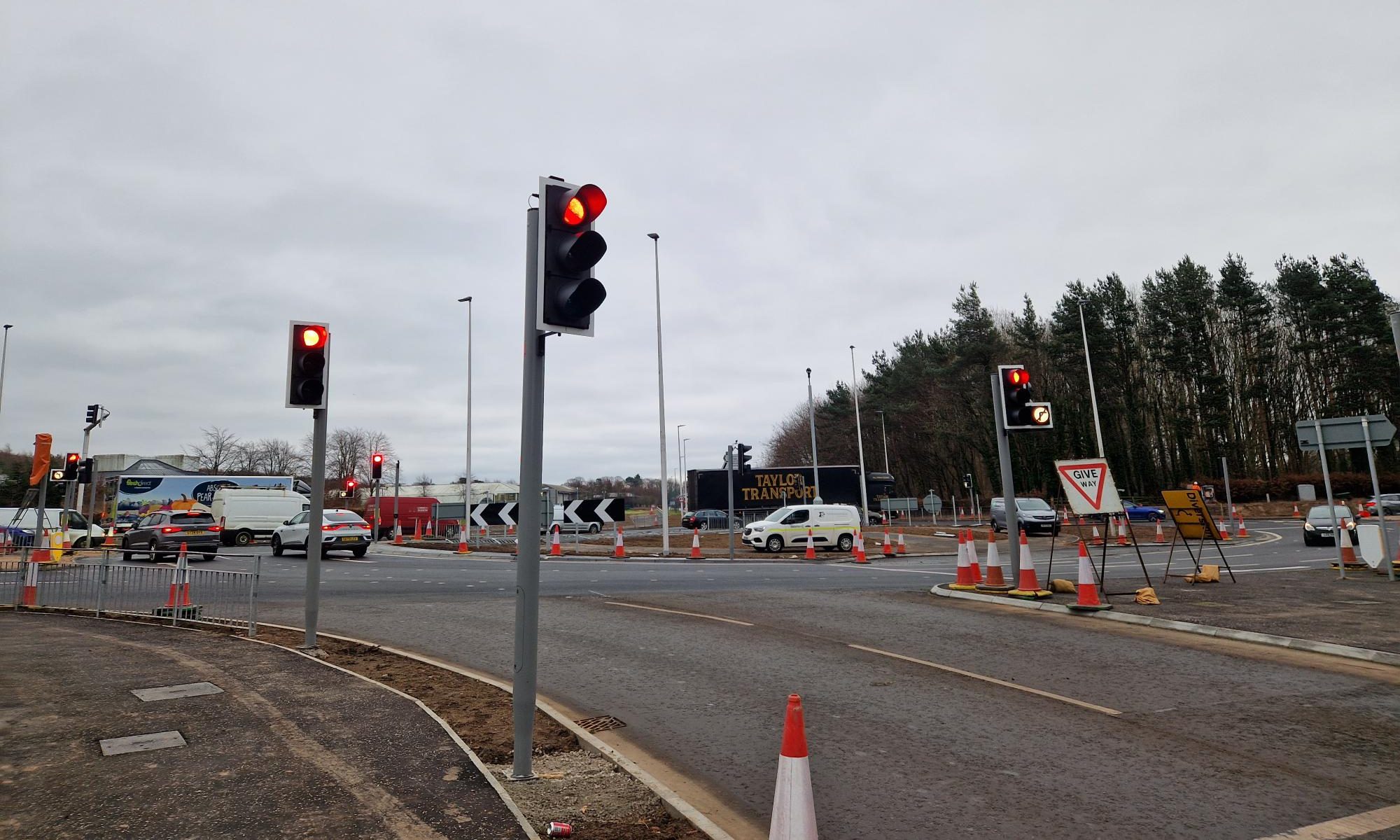Thousands of secondary students could lose their place on school buses as Perth and Kinross Council battles to reduce passenger numbers by as much as three-quarters.
The local authority has told parents it is scrapping concessionary travel, forcing families to make alternative arrangements to get their children to and from lessons.
This applies to households who are not automatically entitled to free school transport.
The council says measures to keep children safe and ensure physical distancing on all coaches will mean capacity must shrink to 25% of the pre-Covid normal – the equivalent of about 3,000 pupils.
Parents of students who travel to school by public transport have been warned that some services may no longer be available, or could take longer. They have also been encouraged to consider alternate arrangements.
Concerns have been raised about how asking parents to make alternative travel arrangements for their children could impact on the area’s roads, and already highly-polluted streets.
Campaign group Friends of the Earth Scotland has urged the council to “ensure no family is left stranded”.
Headteachers are meantime working on plans to make their schools safe, with class sizes cut by two-thirds and some years expected to attend just one day a week.
A consultation has been launched with parents and carers to assess their transport needs when schools restart in August.
In a survey sent to households, a council spokesperson states: “The Scottish Government’s current guidance on physical distancing means that the number of seats available on both public and school transport vehicles will be greatly reduced.
“It will not be possible for pupils to travel on local bus services or school transport services in the same numbers as pre-Covid-19.”
The letter continues: “Due to much reduced school transport capacity, there will be no concessionary transport places available from August and therefore parents should make alternative transport arrangements for their children who may usually have received concessionary travel on a school transport vehicle.”
Local Labour councillor Alasdair Bailey said he hopes the block on concessionary travel will be a stopgap solution.
Local SNP MP Pete Wishart added: “These are obviously unchartered waters and whilst it is disappointing that Perth and Kinross Council have taken the decision to suspend concessionary travel, I can understand that their first priority has to be providing a safe and reliable service to all those who they have a statutory requirement to provide school transport to.”
He said: “School transport is going to look very different going forward and I urge the local authority to consider what this may mean for congestion and air pollution, let alone the additional strains it will put on many families who will be juggling work and the new schooling arrangements.
“I would urge Perth and Kinross Council to consider reinstating concessionary transport as soon as capacity and social distancing requirements allow.”
Friends of the Earth Scotland’s air pollution campaigner Gavin Thomson commented: “Councils are under huge pressures to ensure services can run without putting anyone at risk, all on very stretched budgets.
“Transport is going to be one of the most difficult areas.”
He said: “Across Scotland, around 30% of households don’t have access to a car. This figure is much higher in areas of deprivation. This means that any decision that relies on car use will disadvantage those families that simply can’t afford a car.”
Mr Thomson said pop-up cycle lanes could encourage children to bike to school. “This would also have a number of health benefits, by reducing air pollution from transport and increasing physical activity,” he said. “But there will be families for whom car ownership is not affordable, cycling is not an option, and public transport is essential. Councils must prioritise these families and ensure no family is left stranded.”
A Perth and Kinross Council spokeswoman said: “The council is still working through all the implications for transport and travel to school which includes free home to school transport and the survey has been issued to secondary school parents to assist in that planning.”
She said: “It is anticipated that some parents may wish to transport their own children to school, and we would actively encourage parents and carers more widely to consider this option. Parents are also working with schools to consider safe routes for children to walk or cycle and also traffic management plans to ensure safety around school buildings.”
